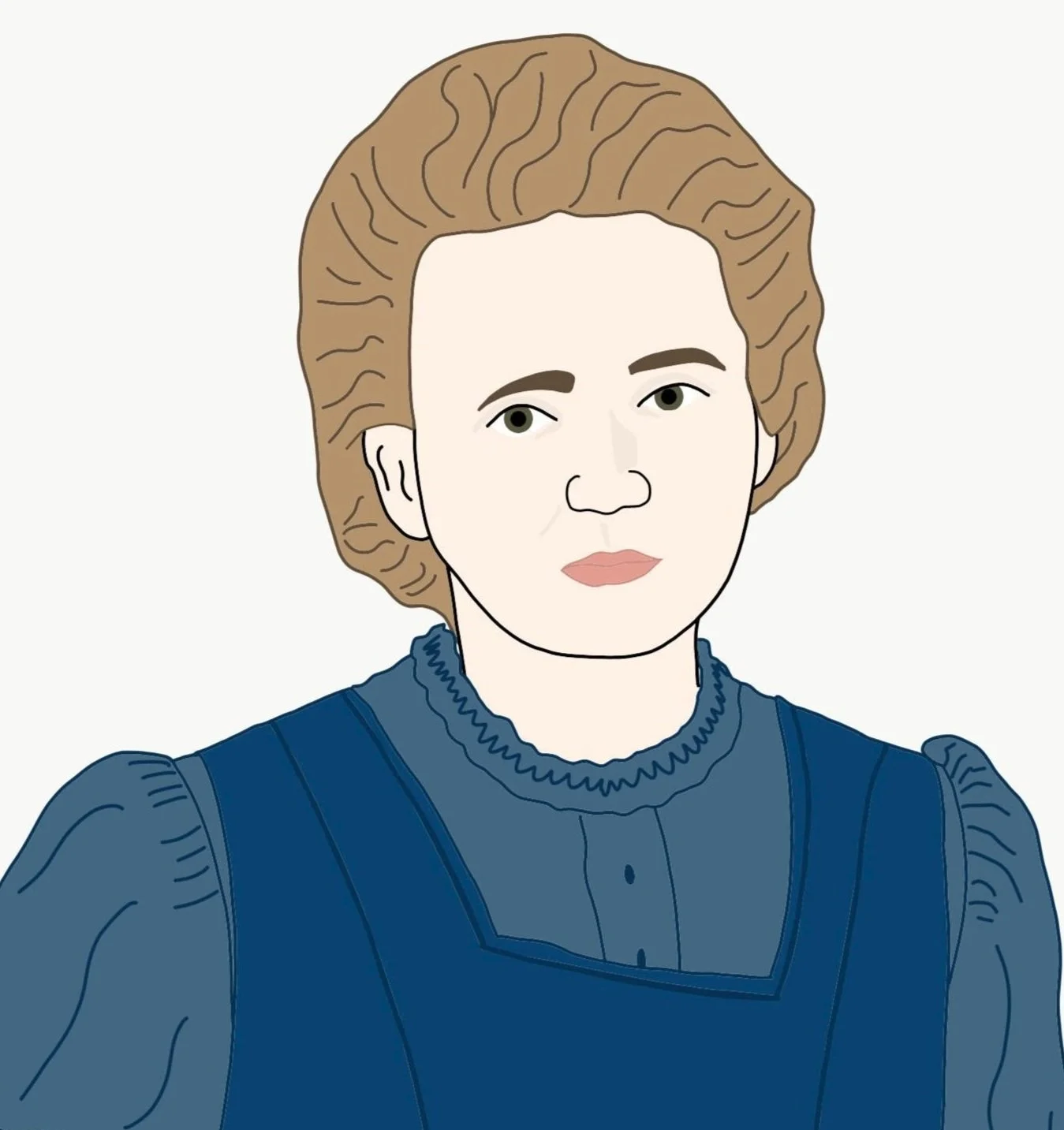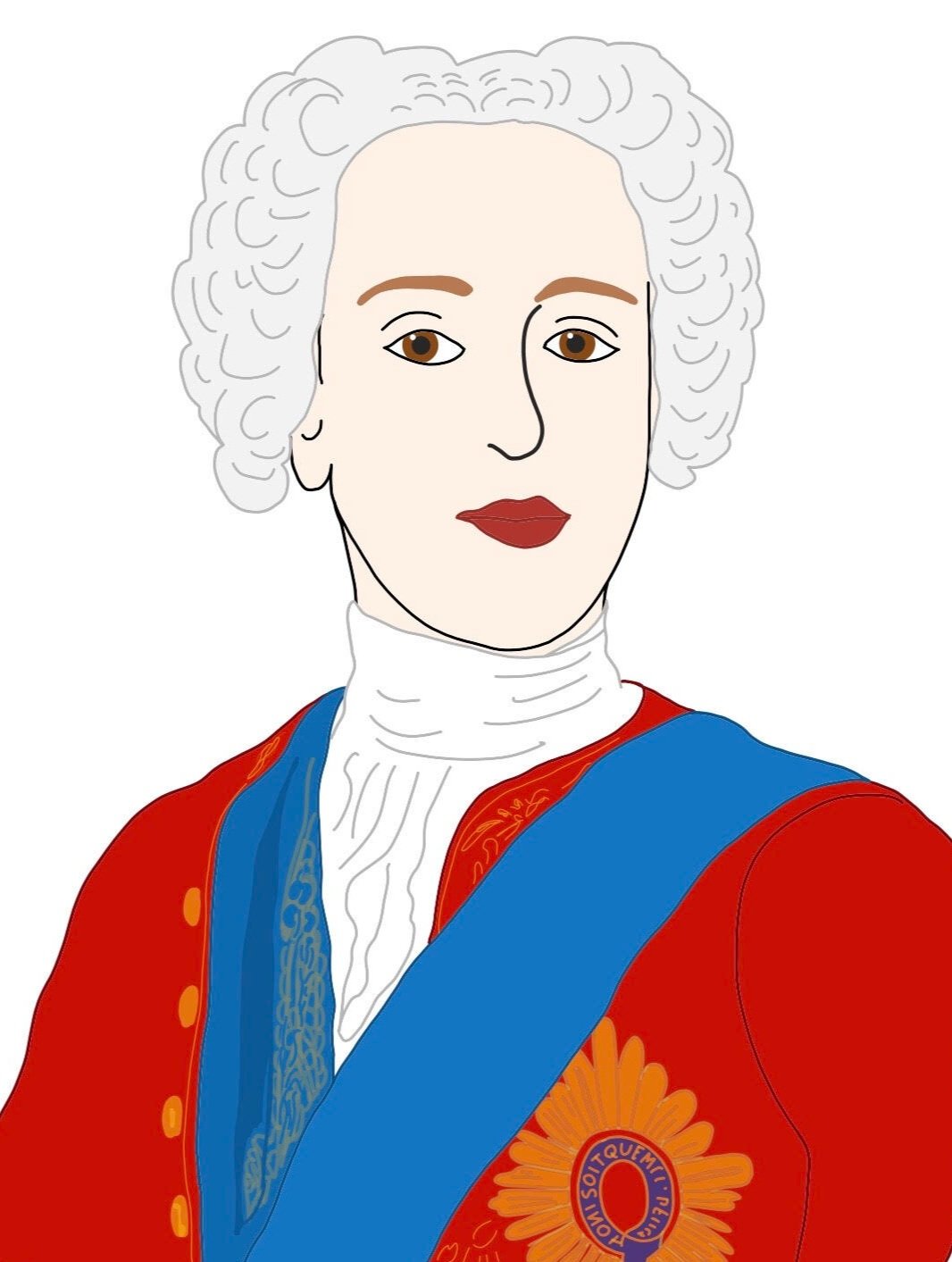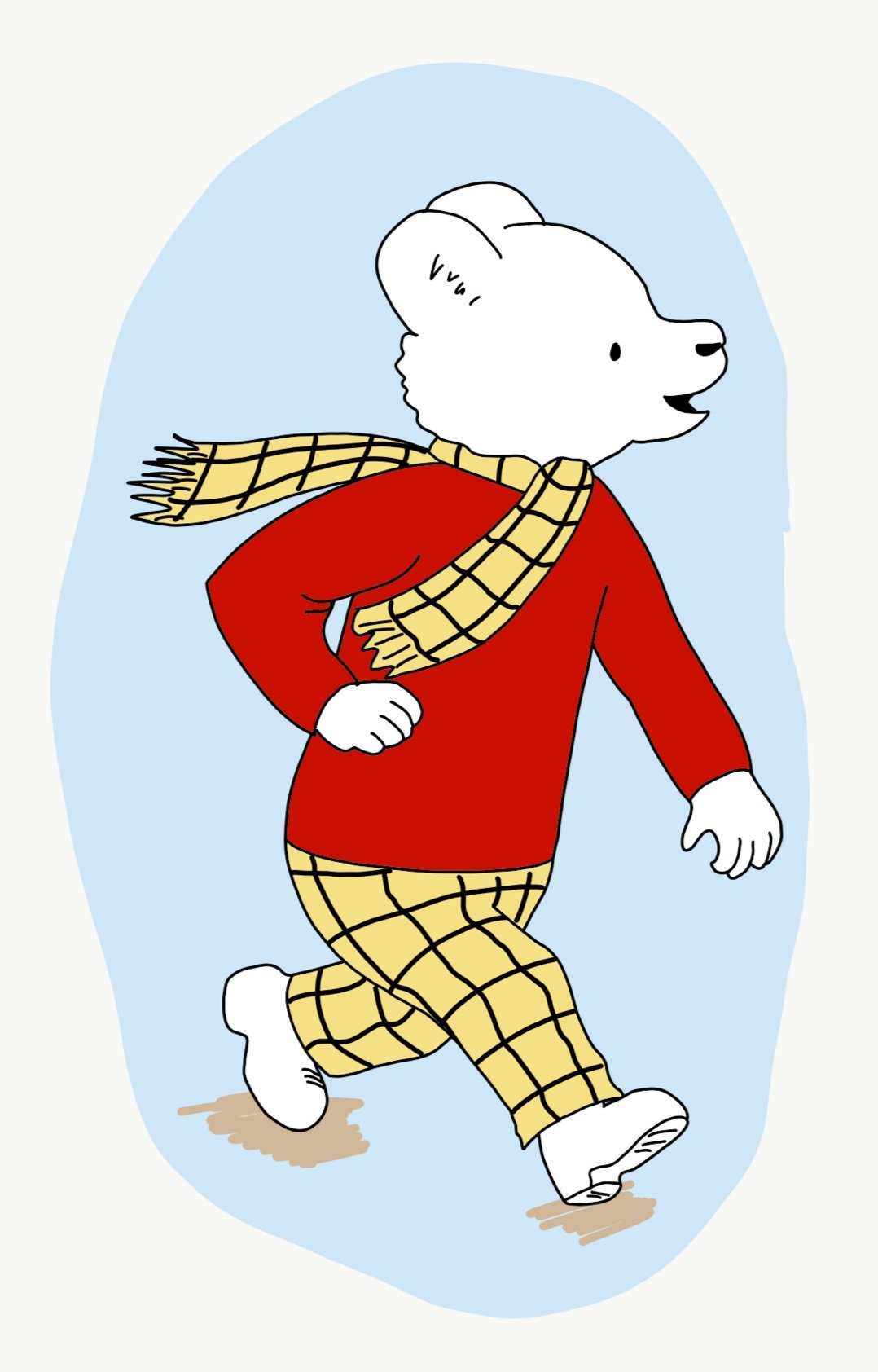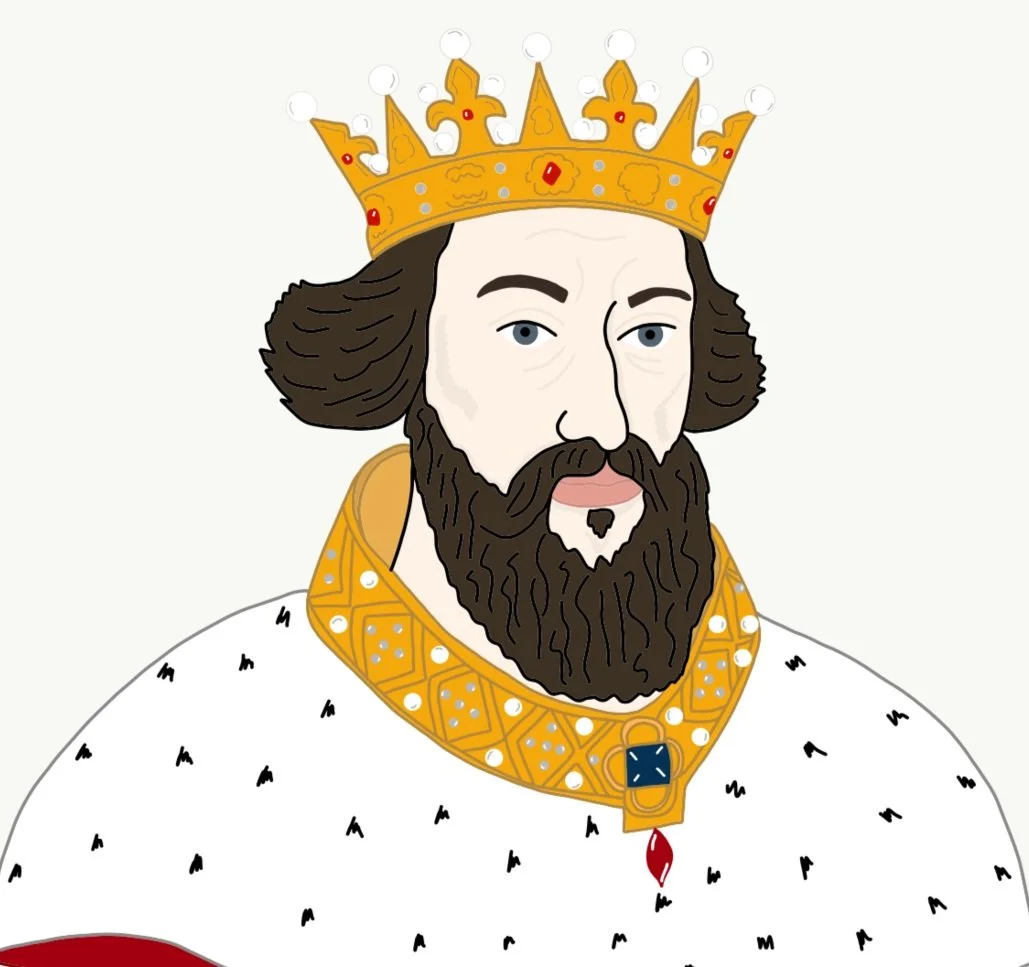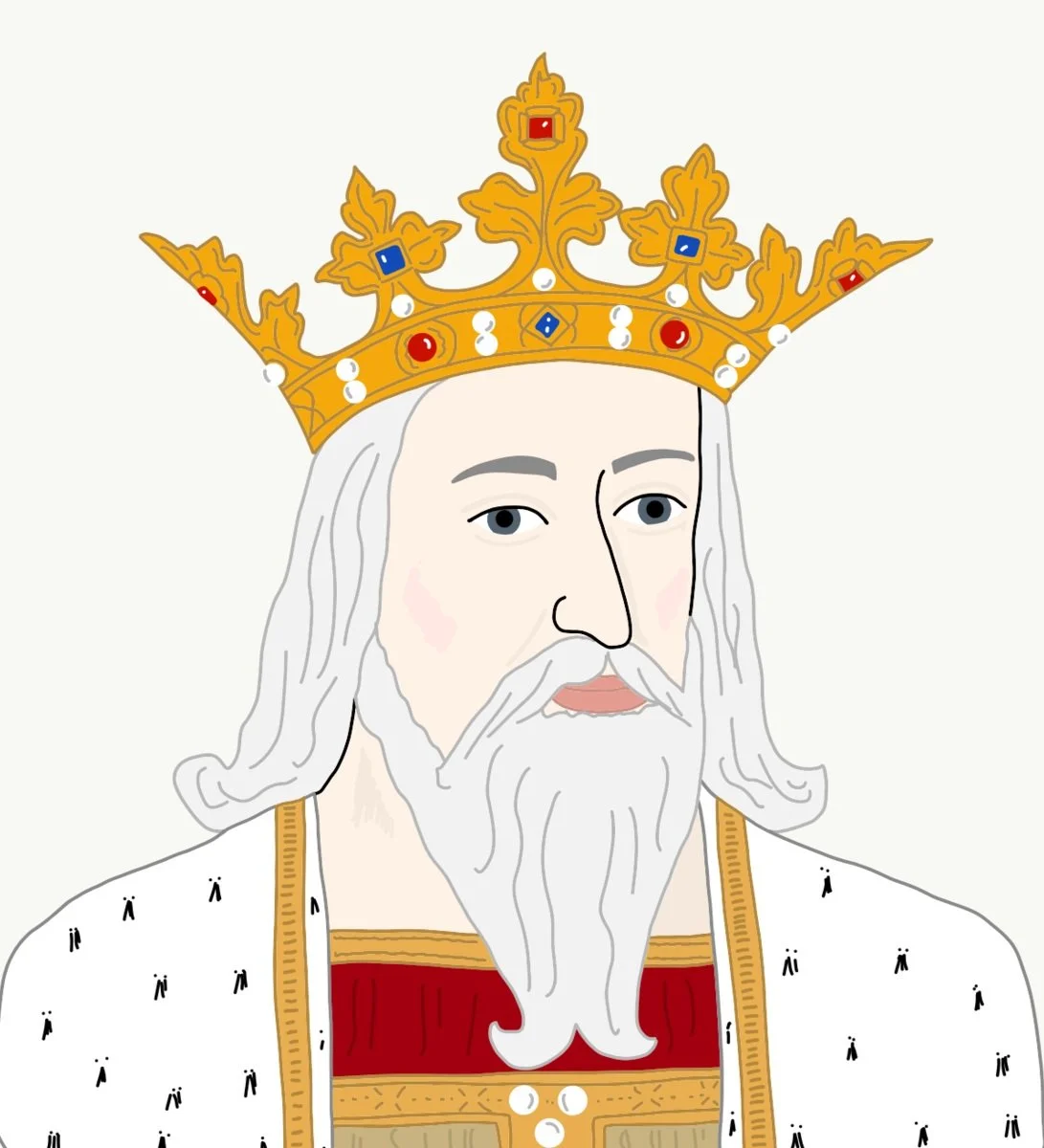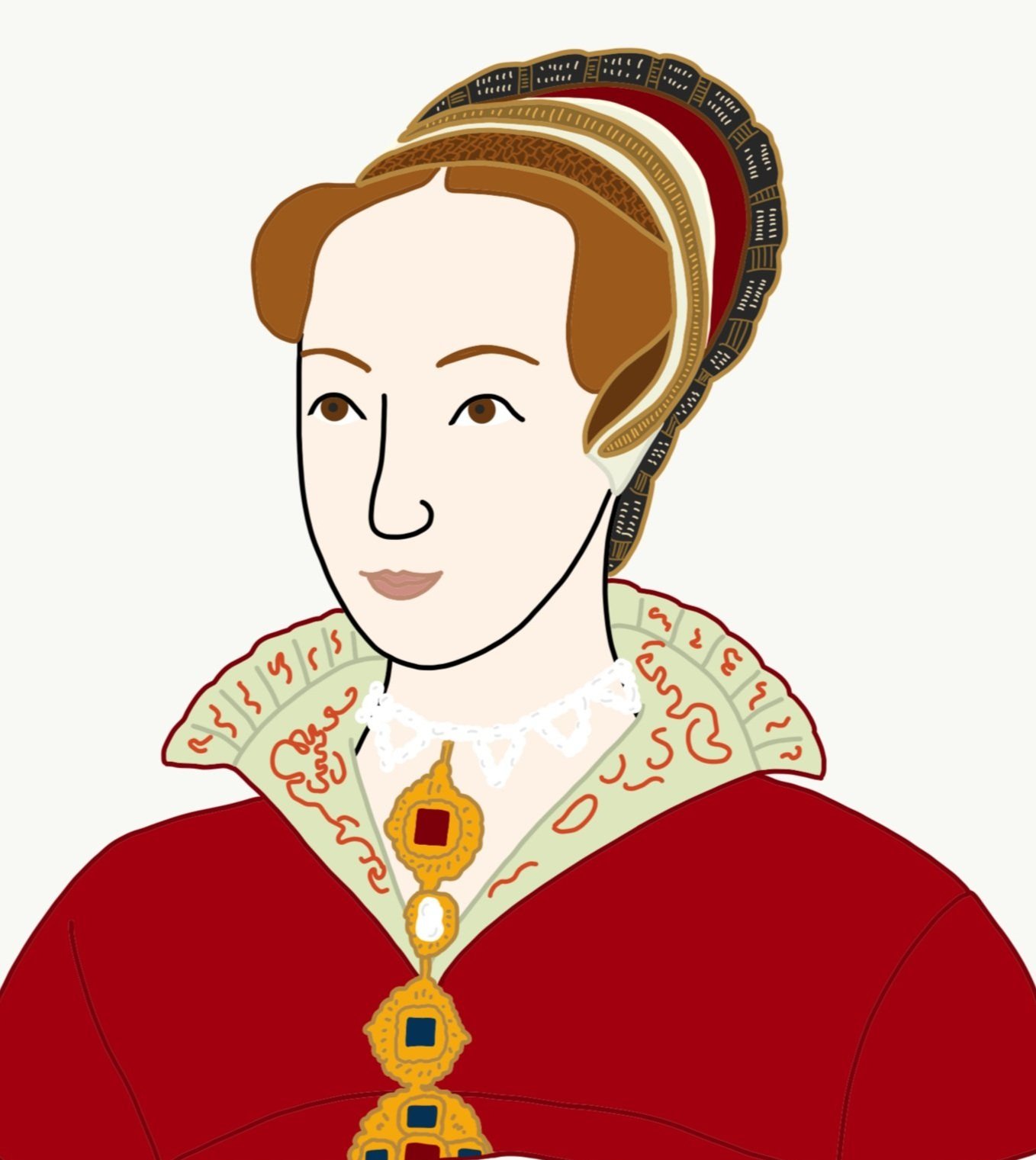November 7th - 13th
““The Berlin wall topples; Vikings are massacred on St Brice’s Day; Jacobites march into England; Rupert Bear makes an entrance; and Peace is declared following four years of fighting…””
On 7th November…
Marie Curie is born
1867 - Marie Curie the scientist who discovered radium was born in Warsaw, Poland. In 1903 she became the first woman to win a Nobel Prize for Physics for her work on radioactivity; she won it jointly with her husband Pierre Curie and Henri Becquerel. In 1911 she won another Nobel Prize, this time for Chemistry for creating a means of measuring radioactivity. During World War I Marie Curie developed small mobile x-ray units that could be used to diagnose injuries near to the front line.
On 8th November…
Bonnie Prince Charlie marches into England
1745 - Prince Charles Edward Stuart or Bonnie Prince Charlie entered England with his army of Jacobites. The aim was march to London with his troops along with a French army to claim back the English throne which had been his grandfather’s, King James VII & II, before he was deposed. The promised support from the French never materialised and by the time the Scots, led by Bonnie Prince Charlie, had reached Derby just 125 miles north of London, the Jacobite officers voted to return to Scotland. They realised that their brave few were no match for the might of the English forces without the French army to support them.
1847 - Bram Stoker, the Irish author of Dracula, was born in Dublin, Ireland. Dracula is the story about a vampire called Count Dracula who survives not by eating but by drinking human blood.
Rupert Bear makes his first appearance in the Daily Express
1920 - Rupert Bear made his debut as a comic strip in the newspaper the Daily Express. Rupert is a young bear who wears a red jumper and yellow check trousers with matching scarf and goes on adventures with his friends: Bill Badger, Edward Trunk, Podgy Pig, Willie Mouse and many others.
1965 - The Murder Act came into effect which abolished the death penalty for murder in the U.K. It suspended the death penalty for an initial five-year period but was made permanent in 1969. You could still be sentenced to death for treason or piracy with violence as these weren’t abolished until 1998. The U.K. is now fully abolitionist meaning that there is no death penalty whatsoever for any crime committed in the U.K.
On 9th November…
Queen Victoria gives birth to her second child
1841 - King Edward VII of Great Britain was born in Buckingham Palace, London. He was the eldest son and second child of Queen Victoria and Prince Albert. He became king in 1901 when his mother died.
1888 - Mary Jane Kelly, possibly the last victim of the Victorian serial killer, Jack the Ripper was found murdered in her bed at 13 Miller’s Court in London.
1953 - The Welsh poet Dylan Thomas died aged 39 years. He is best known for his poem ‘Do Not Go Gentle Into That Good Night’ and short play ‘Under Milk Wood’.
1989 - The Berlin Wall stopped being a barrier between East and West Germany when guards were allowed to open the border and allow German citizens from East Germany to cross into West Germany. Germany had been divided between Russia and the West after World War II. The East was under Russian rule and became communist whilst West Germany remained free. At the time of the division Berlin was the German capital city and stood in the Eastern sector. The city became divided in two and was separated by a wall, the Berlin Wall. The Wall separated families and friends as it was built, people who had lived next door to each other now found themselves on opposite side of the Wall. West Berlin was an island of free capitalism in the middle of communist East Germany. Many people had died trying to get from East to West Germany over or under the Wall, so as soon as it was known that people could cross freely thousands of people flooded to the wall to get across. People began breaking down the Wall, demolishing it and sending huge parts crashing to the ground. The guards who had monitored East Germany and who had been ordered to shoot people attempting to cross just hours before, were now happily letting them pass through. Germany was being reunified into one country again.
On 10th November…
Martin Luther is born
1483 - Martin Luther, the Protestant Reformer was born in Saxony, a part of Germany. He played a major part in bringing Protestantism to Europe.
George II is born in Hanover, Germany
1683 - King George II was born in Germany. He was the only son of King George I and became king when his father died. King George II had nine children with his wife Princess Caroline of Brandenburg-Ansbach.
On 11th November…
The English and Scottish thrones are united in marriage
1100 - King Henry I married Princess Matilda of Scotland in Westminster Abbey. Their marriage united the Norman and Saxon lines to the throne. Matilda also known as Maud daughter of King Malcolm III of Scotland. She was also the great-great-niece of Edward the Confessor, once King of England.
1918 - The Armistice (which is an agreement to stop fighting) signed by both the Allies and Germany in World War I came into effect on the 11th hour, of the 11th day, of the 11th month. It was called the Treaty of Versailles and it meant that the war was over. Over 8.5 million soldiers had died fighting in the war; over 21 million soldiers were wounded; and the total casualties of the war including prisoners and missing persons was over 37 million people - that’s more than half the population of the U.K. This day is remembered around the world under various names - Remembrance Day, Armistice Day, Veterans Day. Here in the U.K. people buy and wear red poppies to remember those who fought and died defending our country and our freedom; and on Remembrance Sunday, just after the two-minute silence and gun salute, soldiers and veterans march through Whitehall to the Cenotaph to place wreaths of poppies in honour of the fallen soldiers. The poppy was the first flower to start blooming all over the battlefields where many soldiers had fallen.
On 12th November…
1912 - Captain Robert Scott’s body was found with his diary in the Antarctic. Captain Scott had set out with a group of eleven other men in a race to reach the South Pole. The team were beset by problems, and before they had reached their destination, they had fallen to just five men; the others having to return to base camp. The remaining men managed to reach the South Pole on January 17th, 1912 but found that Roald Amundsen, a Norwegian, had already beaten them to it. Frustrated that they had been beaten, they started their return journey only to be battered by exceptionally bad weather which kept them inside a tent for nine days. Their supplies of food ran out and slowly the men starved to death knowing that another food supply was less than eleven miles away. Captain Scott kept a diary of their exploits, his final entry was on March 29th, 1912. Searchers for the men found their bodies in their tent along with the diary. The men were buried where they were found.
On 13th November…
Aethelred orders the execution of all Vikings in England
1002 - King Aethelred the Unready ordered the killing of all Danes or Vikings in England in the St Brice’s Day Massacre. He believed that the Vikings were plotting to kill him and his men, and were going to take over England.
1093 - King Malcolm III of Scotland died in battle at Alnwick, where he was trying to gain lands for Scotland and also reclaim the English throne for his brother-in-law Edgar whom he believed was the rightful heir following the Norman invasion.
Edward III is born
1312 - King Edward III of England was born in Windsor Castle. He was the eldest son of King Edward II and became king when his father died in 1327.
Lady Jane Grey found guilty of treason
1553 - Having been imprisoned in the Tower of London for several months, Lady Jane Grey, was found guilty of treason and sentenced to death. Lady Jane was queen of England for nine days following the death of her cousin King Edward VI; he had proclaimed her his rightful heir to the throne despite having two surviving sisters: Mary and Elizabeth.
1642 - The Battle of Turnham Green took place just outside London between King Charles I and his royalist troops and the men of the Parliamentarian army during the English Civil War.
1839 - The last Stamford Bull Run was held in Stamford, Lincolnshire. The event was held every year on St Brice’s Day or 13th November and had been a custom since the days of King John. A large bull was chased through the streets of Stamford and into Bull Meadow across the river where it would be slaughtered, and its meat given to the poor people of Stamford.
